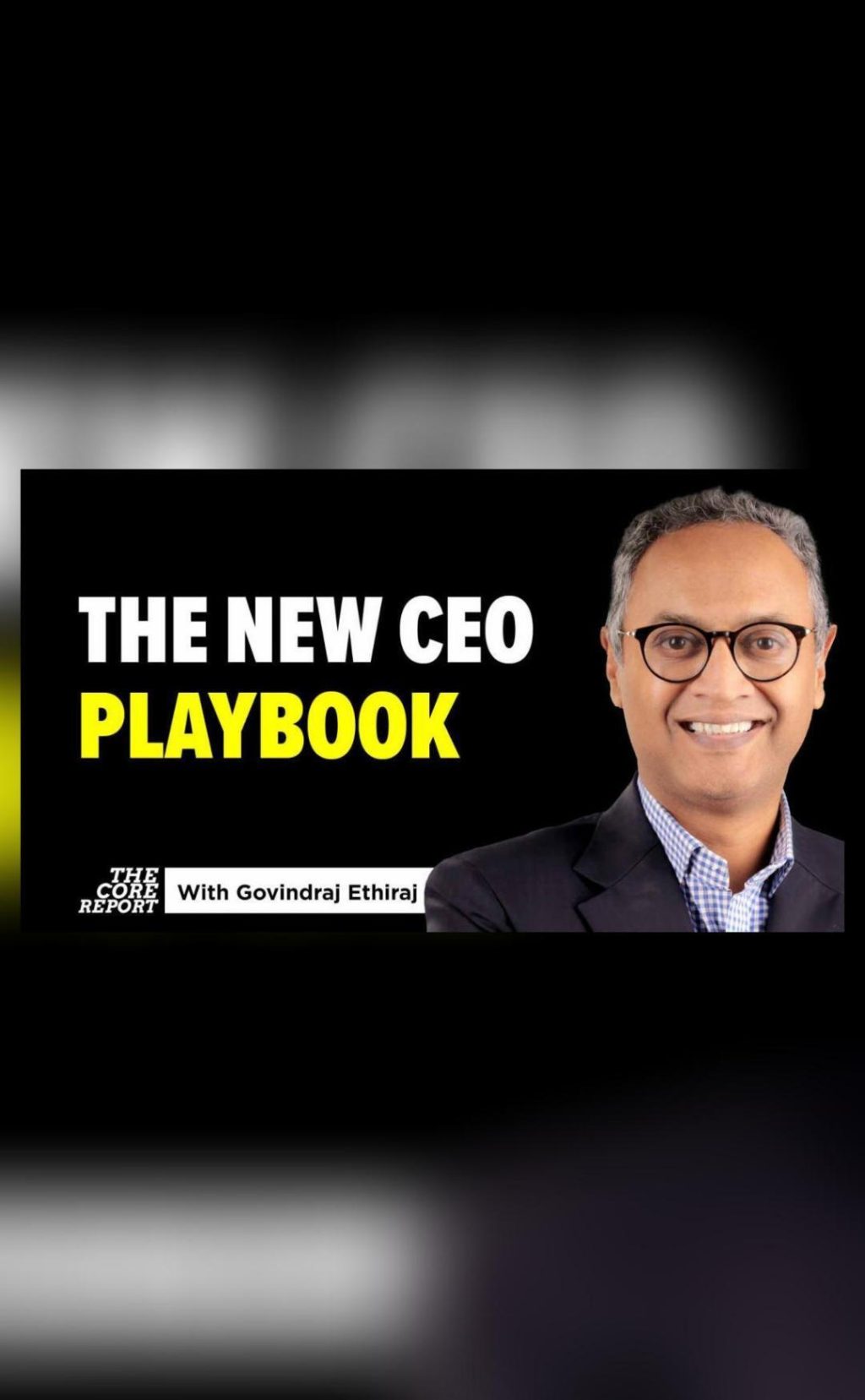
The New CEO Playbook: AI Pressures & Global Tariff Shocks
In today’s fast-paced business landscape, CEOs are facing unprecedented challenges. The rise of artificial intelligence (AI) is transforming industries, forcing companies to innovate and automate at an unprecedented rate. Meanwhile, global tariff shocks are disrupting trade patterns, making it difficult for businesses to predict and prepare for the future. As a result, CEOs must rethink their strategy and operations to stay ahead of the curve.
In this blog post, we’ll explore the new CEO playbook, examining the pressures and challenges posed by AI and tariff shocks. We’ll also discuss the strategies and tactics that successful CEOs are using to adapt and thrive in this new environment.
The AI Revolution
AI is revolutionizing industries, from manufacturing and logistics to healthcare and finance. As AI-powered technologies become more sophisticated, companies that fail to adapt will be left behind. According to a recent survey by Deloitte, 63% of CEOs believe that AI will revolutionize their industry within the next three years.
However, the AI revolution comes with its own set of challenges. As companies invest in new technologies, they must also contend with the potential risks and uncertainties associated with AI adoption. For example, AI-powered automation can lead to job displacement, which can have significant social and economic implications.
To mitigate these risks, CEOs must prioritize upskilling and reskilling their workforces. This means investing in employee development programs that focus on emerging technologies like AI, data science, and cybersecurity. By doing so, companies can ensure that their employees have the skills needed to thrive in an AI-driven world.
Global Tariff Shocks
In recent years, global tariff shocks have disrupted trade patterns, making it difficult for businesses to predict and prepare for the future. The ongoing trade tensions between the United States, China, and other major economies have led to a rise in tariffs, which can have significant implications for companies that rely heavily on international trade.
To adapt to this new environment, CEOs must develop strategies that minimize the impact of tariff shocks. This may involve diversifying supply chains, investing in local manufacturing, and developing new trade relationships. Companies must also prioritize flexibility and agility, as the global trade landscape is likely to continue evolving in the coming years.
Rethinking Strategy and Operations
In the face of AI pressures and global tariff shocks, CEOs must rethink their strategy and operations. This means prioritizing innovation, agility, and resilience, as well as developing new business models that can adapt to changing market conditions.
Some of the key strategies that successful CEOs are using to adapt to this new environment include:
- Digital Transformation: Companies are investing in digital transformation initiatives that focus on AI-powered automation, cloud computing, and data analytics. By doing so, they can improve operational efficiency, reduce costs, and enhance customer experience.
- Globalization: Despite the challenges posed by tariff shocks, many companies are still looking to expand their global presence. This may involve investing in local manufacturing, developing new trade relationships, and building partnerships with local businesses.
- Sustainability: As consumers become increasingly focused on sustainability, companies are prioritizing environmental and social responsibility. This may involve investing in renewable energy, reducing waste, and developing new products and services that meet the needs of a changing market.
- Talent Acquisition and Retention: Companies are investing in talent acquisition and retention strategies that focus on attracting and retaining top talent. This may involve offering competitive salaries and benefits, developing employee development programs, and creating a positive company culture.
Conclusion
In today’s fast-paced business landscape, CEOs are facing unprecedented challenges. The rise of AI is transforming industries, while global tariff shocks are disrupting trade patterns. To adapt to this new environment, CEOs must rethink their strategy and operations, prioritizing innovation, agility, and resilience.
By investing in digital transformation, globalization, sustainability, and talent acquisition and retention, companies can ensure that they are well-positioned to thrive in the years ahead. As the global business landscape continues to evolve, CEOs must remain adaptable and proactive, always looking for new ways to innovate and stay ahead of the curve.
Watch the video to learn more:






